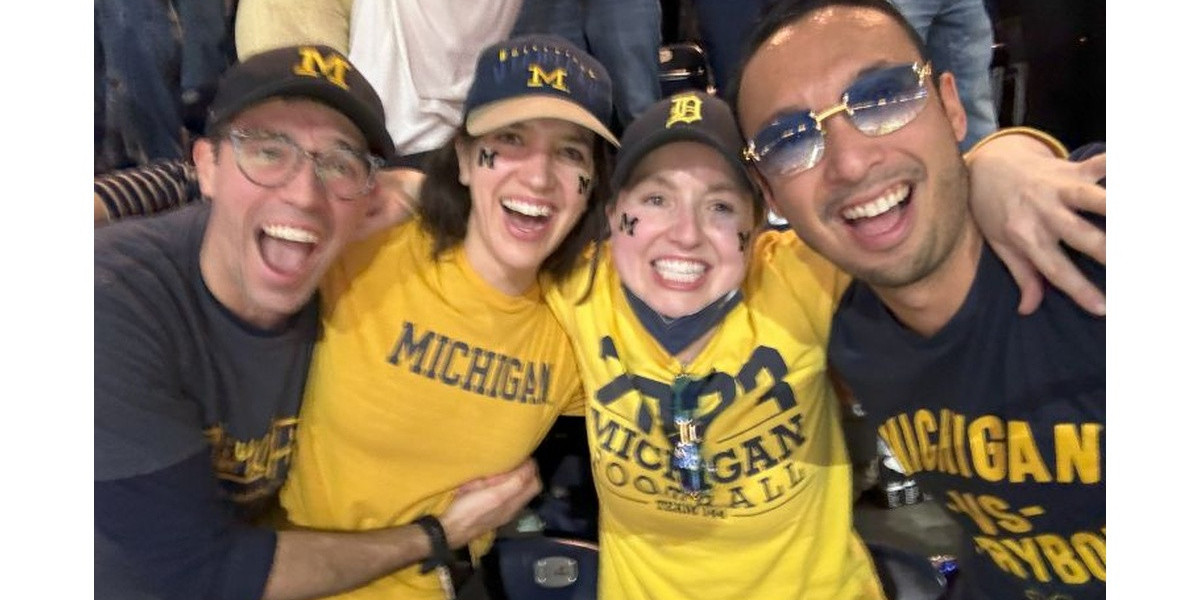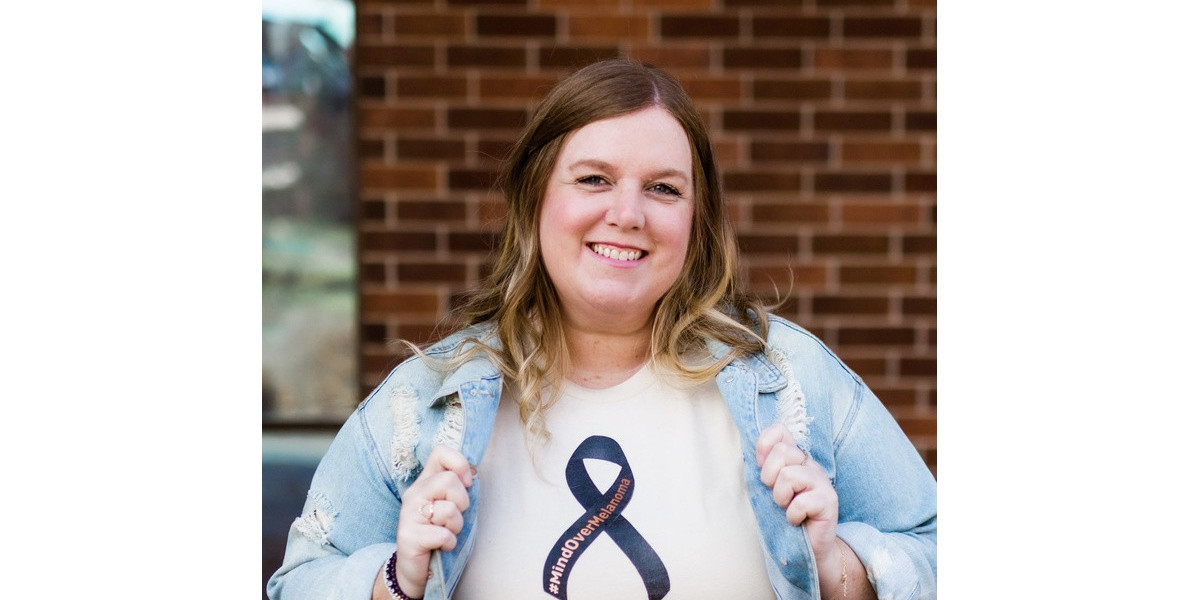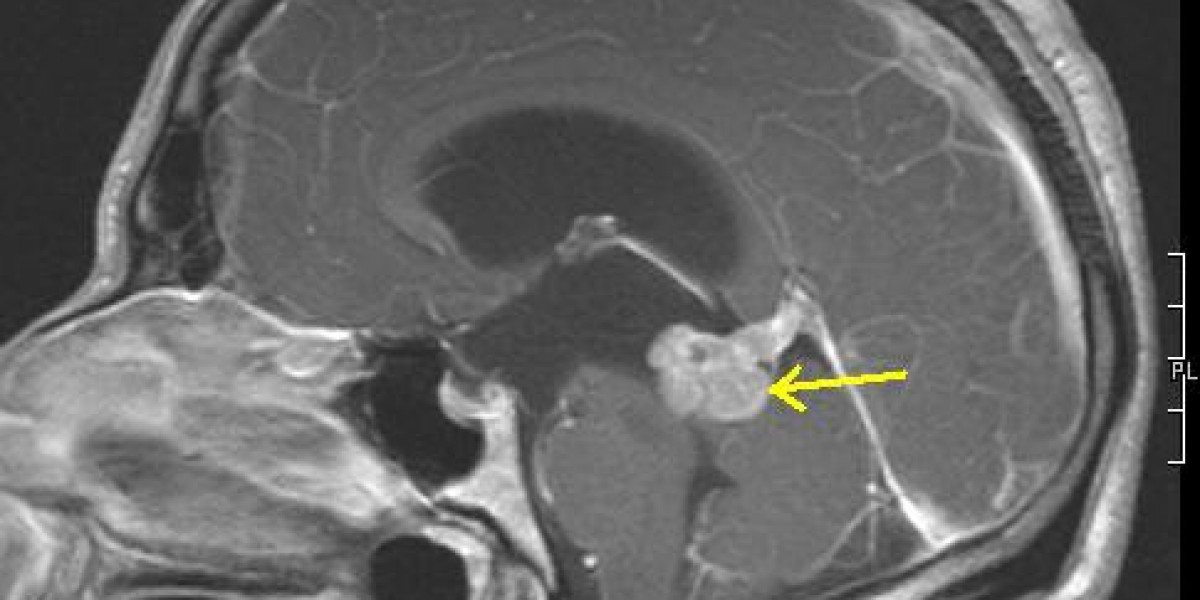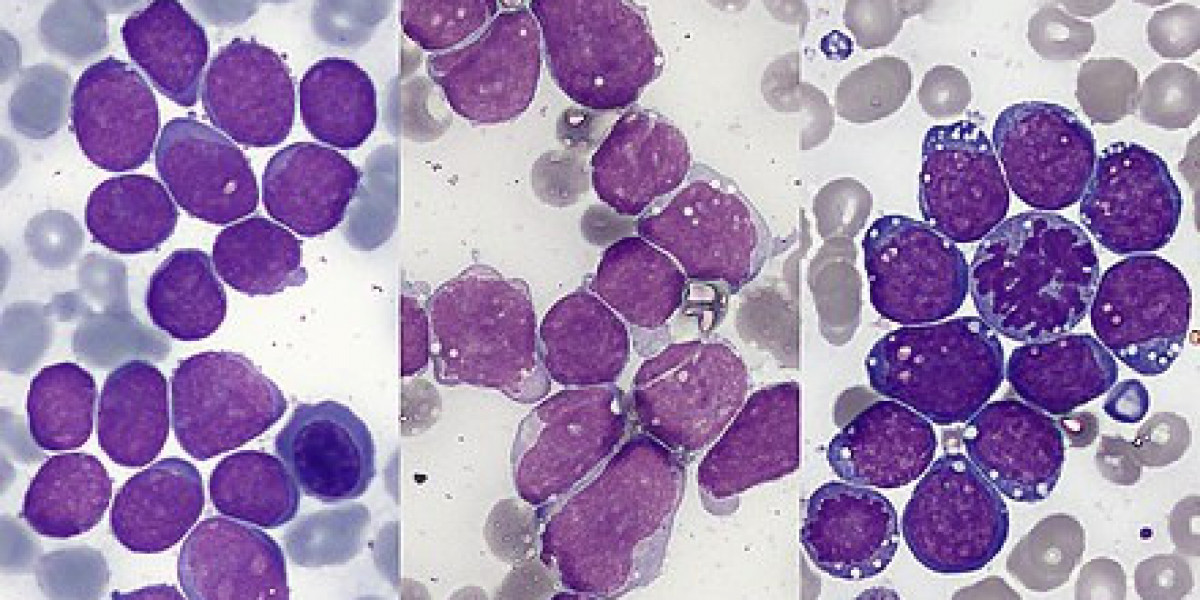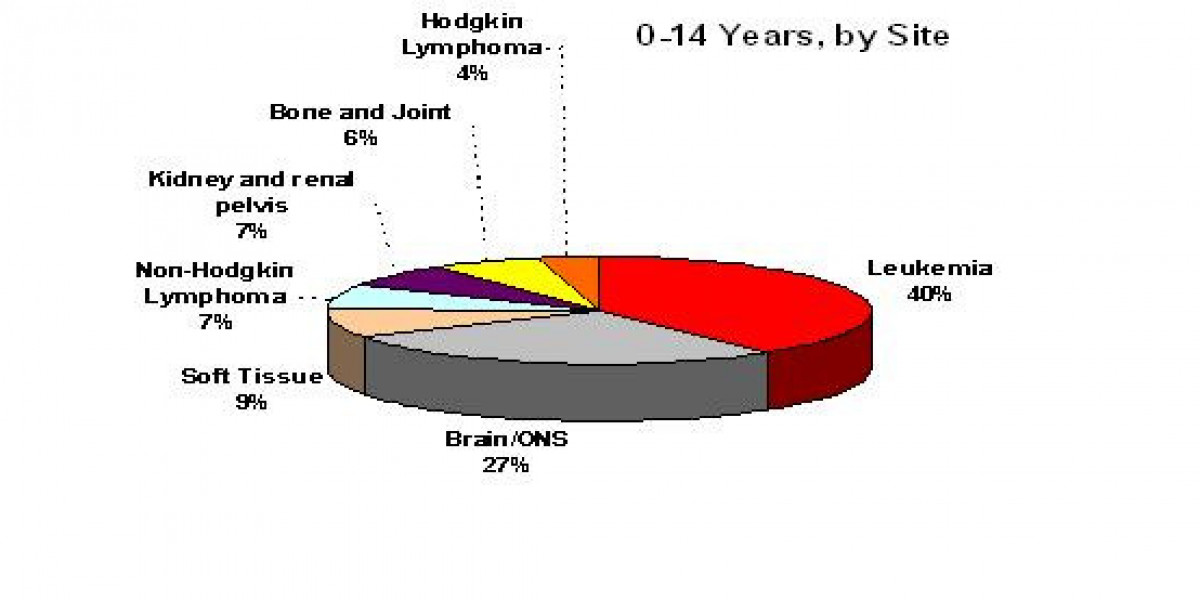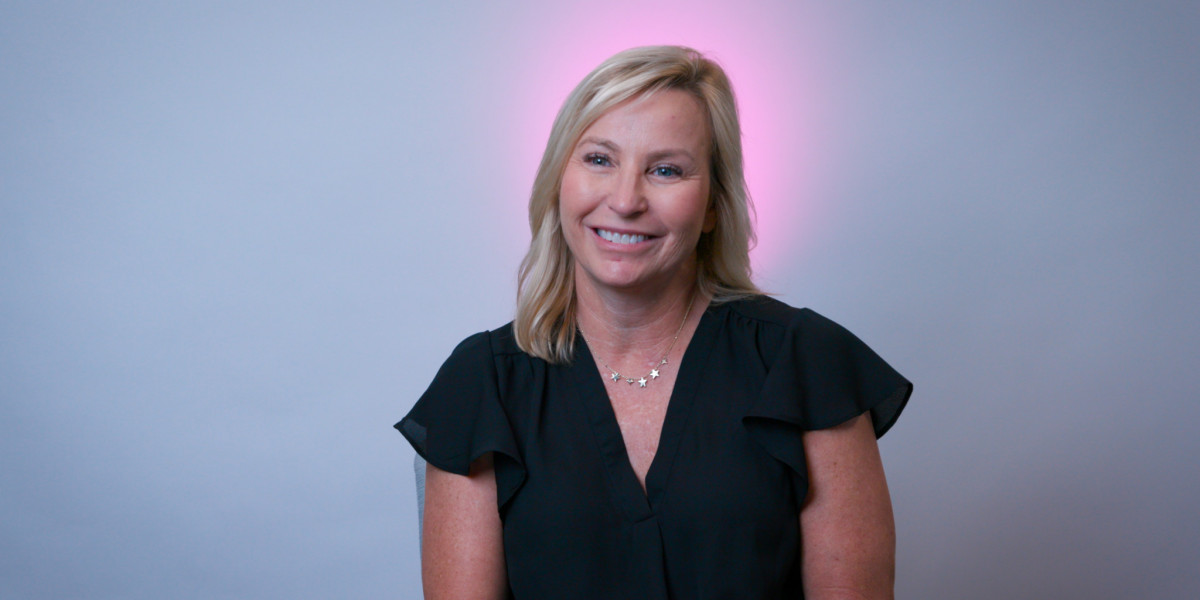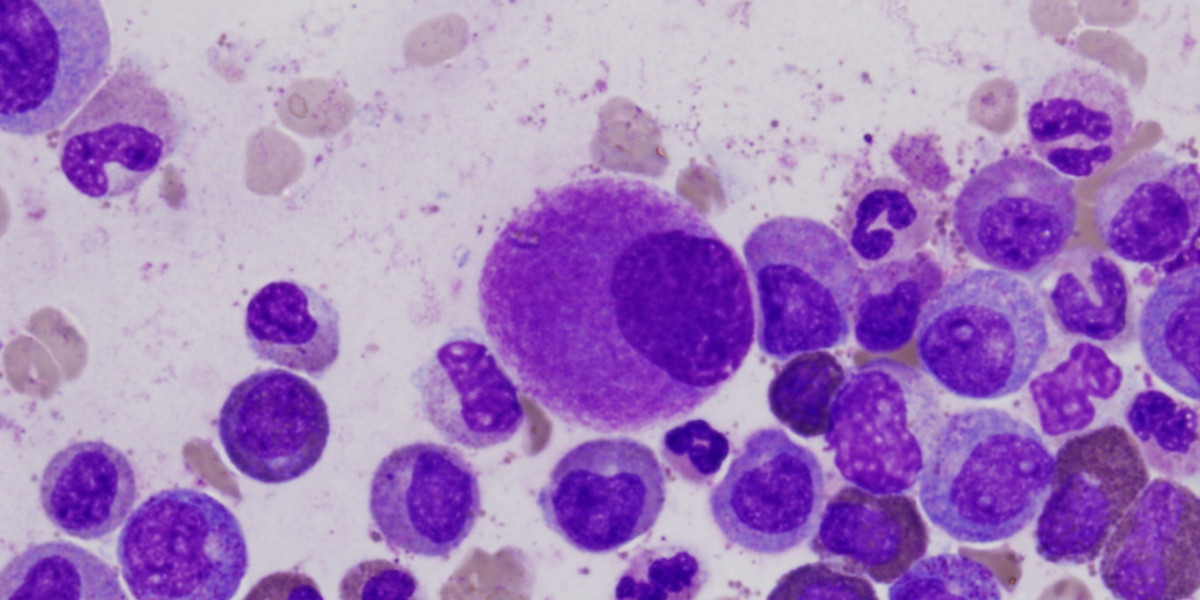Blogs>My journey through early-stage breast cancer clinical trials
Searching for peace of mind, and a better future for others like me
“I wanna be defined by the things that I love, not the things that I hate, not the things I'm afraid of.” - Taylor Swift,Daylight
I was diagnosed with HER2-positive,ER/PR-negative breast cancer in February 2023. I live in the Washington, D.C., area, and like many people who receive a breast cancerdiagnosis, I was suddenly thrown into a whirlwind of appointments, new terminology, and life-changing decisions. Amid all of that, I still wanted to feel grounded, to get my bearings, and understand the choices in front of me.
I got lucky with my firstoncologist. He clearly understood that I was the type of patient who was always going to want to know more. At one appointment, in an attempt to reassure me about the treatment decisions we were making at my small community hospital, he mentioned that I could check out theNational Comprehensive Cancer Network (NCCN), an alliance of leading cancer centers that puts out guidelines for treatment of every type of cancer you can think of.
A day or two later, I logged onto the website. While I was reassured about the choices we’d made so far, I noticed there was also lots of talk about the importance ofclinicaltrials. Even though I had only recently begun neoadjuvant chemo, I was already worrying about the potential forrecurrence. And I was willing to do pretty much anything to lower my risk. So I set to work finding a trial that might help me do that.
To start, I went onclinicaltrials.govand researched what trials were available for my type of breast cancer. Focusing on trials testing ways to reduce recurrence risk for patients with residualtumorafter neoadjuvant chemo, I:
1. Narrowed it down to three trials.
2. Researched how the trials would vary from the currentstandard of care.
3. Investigated the "new" treatments being offered.
4. Chose the one that felt like the best fit, found participating centers nearby, and made appointments with what became my new post-surgical treatment team.
Did this mean added time and work for me when I was exhausted from chemo? Absolutely. And did I have to start exercising my self-advocacy skills a lot earlier than I would've liked? Definitely. But I considered it an investment in both my future and the future of other patients.
That meant I was willing to put up with some bumps in the road. For example, my enrollment and processing into the trial after mymastectomywas *slow.* I was anxious to get treatment started, so we decided I could do oneinfusion"off trial," which was permitted under the rules but required extra thought and decision-making for me and my healthcare team. This also meant I was on treatment for one three-week cycle longer than I would've otherwise been.
I was also in adouble-blindedtrial, meaning neither I nor my oncologist knew whether I was getting the drug being tested or aplacebo. (I was still receiving the standard of care, I just wasn’t sure if I was also receiving the “new”oralmedication.) As someone who’s not great at coping with uncertainty, I didn’t love this part. My oncologist encouraged me not to guess, but I found it almost impossible not to, given that the oral medication has some pretty unique side effects that I was not experiencing.
There were some unexpected perks, too. At the cancer center I’d transferred to, I was assigned aclinical trialnursewho attended all of my appointments and was available by email to answer questions whenever I had them. She was kind of like a nurse navigator, but specifically for clinical trial patients.
Plus, at my center, all clinical trial infusions happened on a separate (and much quieter!) floor. Fewer patients meant more one-on-one attention from the infusion nurses. And because the trial was testing an oral medication in addition to a standard infusion, I didn’t notice a big impact on my day-to-day life. I considered this a big plus. It was one of the reasons I’d picked this trial in the first place!
If that’s where my story ended, I’d truly have nothing negative to say about clinical trials. But the fear of recurrence lingered, especially because most people, including HCPs, assumed I was receiving the placebo. (I had none of the expected side effects from the oral trial drug.)
I found two more trials that offered potential post-treatment interventions:
I first pursued the vaccine trial, because it was a lot closer to home. But from the beginning, both my mom and I felt something was off. The team made several errors, including mistakes that caused me to lose hours of work driving back and forth, without apology. During my first physical exam as part of the trial, anurse practitionerI’d never met gave me a hard time about still having my port, even though I was only three months post-treatment and struggling emotionally with removing it.
After three months of preparation and pre-trial testing, I received a one-sentence email stating I was ineligible. Not because of new test results, but due to something in my medical records that had been there all along. They just hadn’t checked. I was understandably furious and filed a patient complaint.
With time and perspective, I realize there were signs all along that this wasn’t the right trial for me. As I mentioned, the site showed little respect for my time, and I felt uncomfortable during myphysical examination. Even though I’d specifically asked questions about my eligibility, both the trial site and the trial team missed important information that should have been caught.
No one explained just how much time the trial would take, either. I was originally told it would involve one visit per month, but it wasn’t until about three months into the evaluation process that I received paperwork showing that I’d have to come into the office two to three times per month, and sometimes more than once per week.
The problem may have been the trial site more than the trial itself. Not all research centers offer the same level of communication or care, and patients don’t always have the tools to know that going in. While it isn’t always easy to reach the right person or get clear answers, it may help to ask questions early on if you’re able: What’s the full timeline? What does eligibility review involve? What should I expect at each step? These aren’t easy questions to ask, especially if you’re already overwhelmed, but you deserve to be treated with respect and clarity, and sometimes even small efforts to get more information can reveal whether a site is ready to support you well.
I wish I could say that asking the right questions will help future patients avoid a situation like this. But sometimes you can do everything right and still encounter a system that doesn’t prioritize patient care. So if your gut is telling you something’s not quite right, listen to it!
After taking some time to regroup, I reached out to the bone marrow biopsy trial team. The difference in how I was treated was night and day. They:
Because I was traveling from D.C. to Philadelphia, I explained the importance of keeping my chosen appointment date due to pre-booked travel. They respected that. I had my first biopsy in February 2025.
So how was it? I’d rate it 4/10 for pain and 7/10 for “weird sensation.” (The PA told me I’d struggle to describe it, and she was right.) But as soon as it was over, I asked to see the tubes of my bone marrow, and I was reminded that I, and my body, can do amazing things.
I'm often asked how much it costs to join a clinical trial. This can be different depending on the study, but I’m happy to share my experience.
For my first trial, which included 14 infusions, I was responsible for my usualcopaysandcoinsurancefor the standard of care portions. However, anything considered outside the standard of care, such as extra bloodwork, additional echocardiograms, and even a “bonus” infusion, was covered by the study itself.
My second trial, a biopsy-focused study, has been fully covered from a medical standpoint because all of its procedures are outside of standard care. My only out-of-pocket costs have been travel-related: round-trip Amtrak tickets from D.C. to Philadelphia, SEPTA passes, and meals for the day. By planning ahead, I've been able to keep each visit under $50.
It’s also always good to double-check costs with your treatment team. Sometimes the front desk staff don’t realize your visit is trial-related and may ask for a copayment when you check in, but you can let them know, and they’ll confirm it with your doctor.
"I was reminded that I, and my body, can do amazing things." - Jenni Hetzel-Gaynor
On their website, NCCN states that clinical trials “allow patients to not only receive state-of-the-art cancer treatment but also to contribute to improving the treatment outcomes.” Not everything about my diagnosis can be spun into a positive. But the Kadcyla I received in 2023 and 2024 only became standard of care in 2019, because people before me were willing to participate in trials.
If I can play even a small part in making things easier, better, or more effective for others who come after me, I won’t hesitate. I hope you’ll consider making that choice too.
DISCLAIMER:
The views and opinions of our bloggers represent the views and opinions of the bloggers alone and not those of Living Beyond Breast Cancer. Also understand that Living Beyond Breast Cancer does not medically review any information or content contained on, or distributed through, its blog and therefore does not endorse the accuracy or reliability of any such information or content. Through our blog, we merely seek to give individuals creative freedom to tell their stories. It is not a substitute for professional counseling or medical advice.
Signs of recurrence
During breast cancer treatment and well after it has ended, fear of recurrence is a concern for nearly every person diagnosed with early-stage breast cancer. Knowing the signs and talking with your care team can help.
FISH tests
A FISH test is a lab test performed on tissue taken from a biopsy or breast cancer surgery, that can confirm breast cancer’s HER2 status if other test results are inconclusive.
FDA approval programs
Studying medicine effects takes years. FDA reviews extend the process, but offers programs to expedite vital medicines for those in need.
Clinical trials
Clinical trials are research studies carried out in people. They evaluate new therapies and compare the new treatments to current ones.
Early-stage breast cancer trial search
Use this tool to find early-stage breast cancer clinical trials across the United States.
Metastatic trial search
Use this tool to find metastatic breast cancer trials across the United States.
Treatments
Surgery, radiation, chemotherapy, hormonal therapy, targeted therapy, immunotherapy, breast reconstruction. Today, breast cancer treatment is more complicated than ever. We're here to help.
Emotional Health
In the days immediately following a breast cancer diagnosis, lots of different emotions can come up. No matter what kinds of emotions you’re experiencing, remember that your emotions are valid.
Why fear of recurrence happens
Fear of cancer recurrence is prevalent post-breast cancer. Its impact varies, influenced by individual health history, information access, social support, coping mechanisms, and other factors.
Common fear of recurrence triggers
Certain events, anniversaries, or activities in your life could remind you of cancer and trigger, or bring out, your concerns about recurrence.
Sign up to receive emotional support, medical insight, personal stories, and more, delivered to your inbox weekly.
We'll send support straight to your inbox.
Jenni Hetzel-Gaynor
Tagged:
Was this page helpful?
Living Beyond Breast Cancer is a national nonprofit organization that seeks to create a world that understands there is more than one way to have breast cancer. To fulfill its mission of providing trusted information and a community of support to those impacted by the disease, Living Beyond Breast Cancer offers on-demand emotional, practical, and evidence-based content. For over 30 years, the organization has remained committed to creating a culture of acceptance — where sharing the diversity of the lived experience of breast cancer fosters self-advocacy and hope. For more information,learn more about our programs and services.
Living Beyond Breast Cancer
40 Monument Road, Suite 104
Bala Cynwyd, PA 19004
©2025 Living Beyond Breast Cancer
Originally published on The Patient Story: https://www.lbbc.org/blog/my-journey-through-early-stage-breast-cancer-clinical-trials
